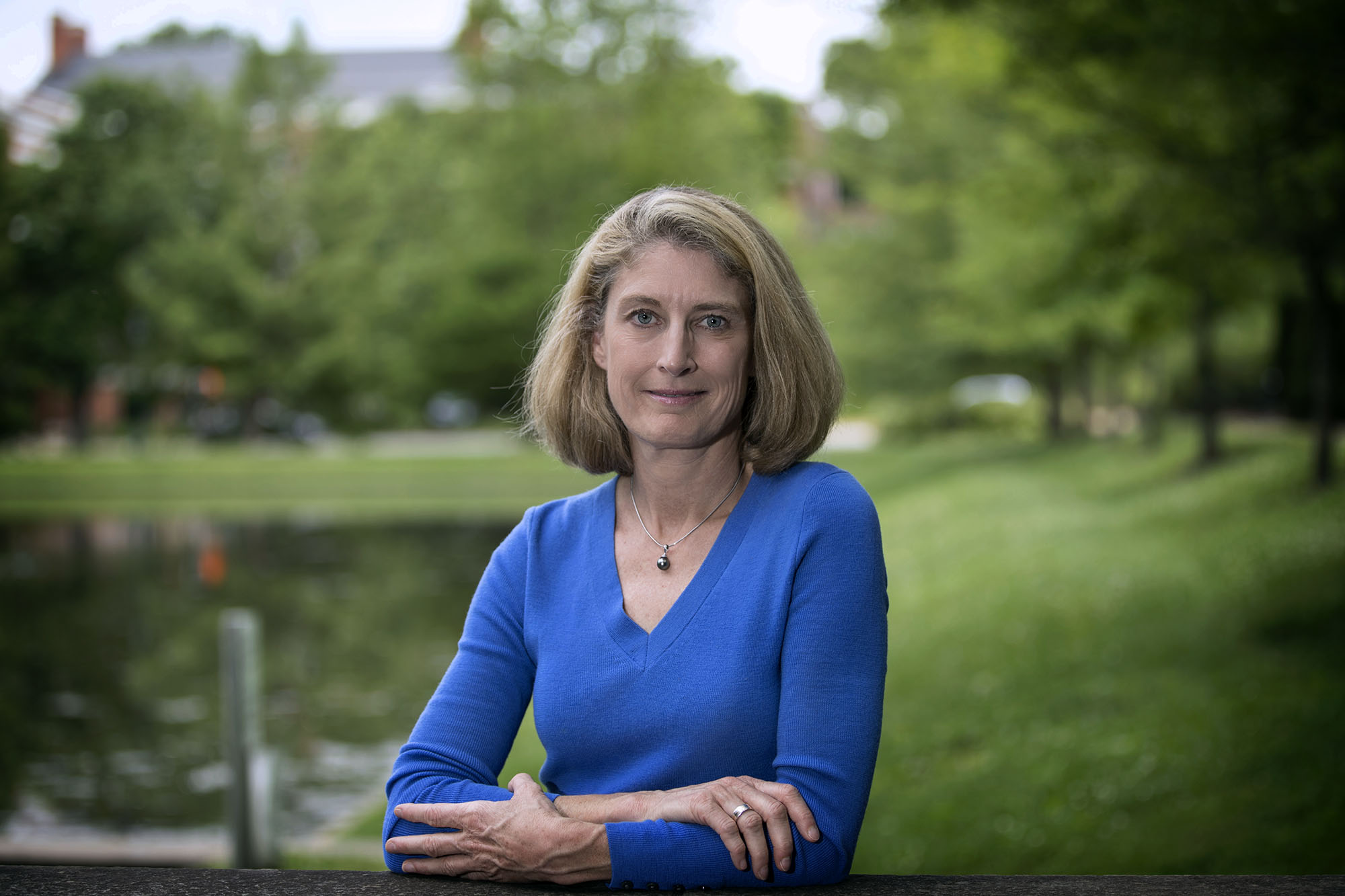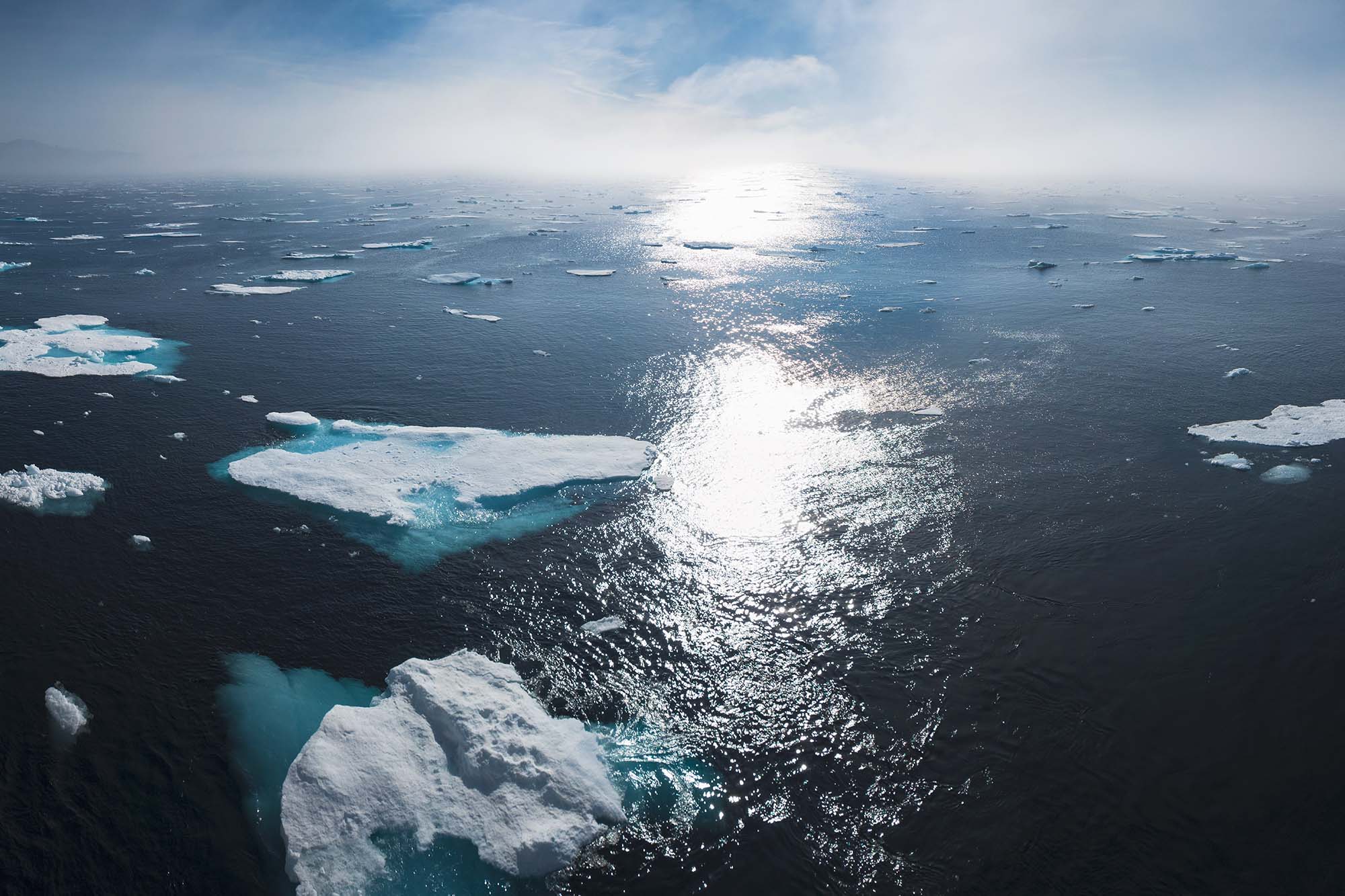As we hear more and more about rising sea levels, melting polar ice and devastating weather events, it can be difficult to be optimistic about the future of our global climate. But the good news is that much of the technology needed to solve the problem of climate change already exists, and the potential to avert a global crisis is still within reach, especially if researchers and policymakers can work together to make the solutions practical for everyone.
To help that happen, the University of Virginia’s Environmental Resilience Institute will bring together researchers, global experts, University leaders and the broader University community this month for a Climate Ambition Summit to examine the frontiers of climate science, strategies for meeting carbon neutrality goals, opportunities for private capital to reduce climate risks and the importance of making environmental justice a core tenet of climate action.
Opening on March 31 and running through April 15, the summit will include a climate justice panel hosted by Ian Baucom, dean of the College and Graduate School of Arts & Sciences, and a keynote conversation between UVA President Jim Ryan and Stanford professor Arun Majumdar, leader of President Biden’s energy transition team and founding director of the Advanced Research Projects Agency-Energy under the Obama Administration.
Environmental sciences professor Karen McGlathery, director of UVA’s Environmental Resilience Institute, spoke with UVA Today about the summit and the critical role universities can play in meeting the challenge posed by a climate in crisis.
Q. You recently said that this a critical moment of opportunity to respond to the growing climate emergency. Why is that?
A. There are two reasons. The first is that the U.S. has now reentered the Paris Agreement, the international treaty on climate change. We’re part of the global conversation again, and that’s really important.

Environmental sciences professor Karen McGlathery is director of UVA’s Environmental Resilience Institute. (Photo by Dan Addison, University Communications)
The other thing is that this is a critical time if we want to have any chance of meeting the goals outlined in the Paris Agreement. We have to reduce carbon emissions significantly in the next decade in order to avoid irreparable harm to the planet.
It’s hard to predict the future, but without meeting those goals we’ll certainly see more of the extreme events associated with climate change like greater periods of floods and droughts in different regions. We’re seeing increasing heat waves in cities, a warming ocean, and more extreme weather events that affect people, society and nature. So while we don’t have a crystal ball to tell us exactly what it’s going to look like in 2050 if we don’t cut carbon emissions quickly, we know that problems caused by climate change are accelerating, and we know that they’re just going to get worse.
Q. What are the goals of the Climate Ambition Summit?
A. Because this conversation is so critical right now for our future, we’re partnering with the Office of Engagement to bring the conversation to the whole UVA community – faculty, staff, students, friends, alumni – so people are aware of the stakes and what we need to do to ensure a manageable and livable climate future.
It’s also important to have a conversation about what universities can do to find solutions for these climate challenges. Universities play a really important role in terms of the basic research that we do and in making connections between research, economics and policy, sectors that need to come together to address the challenges of climate change.










